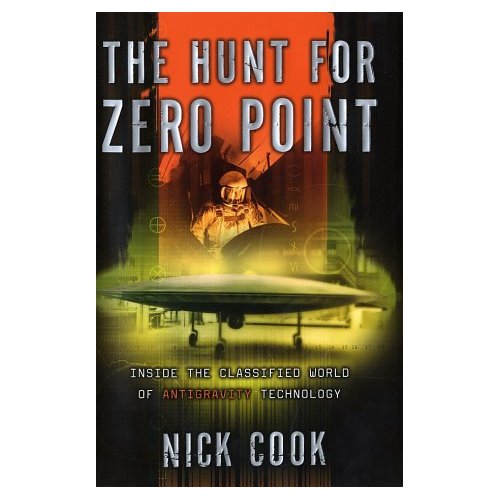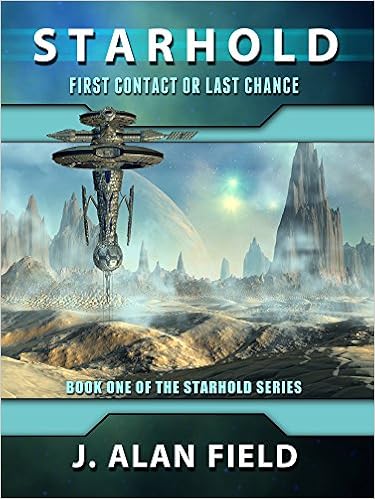 The Hunt for Zero Point: Inside the Classified World of Antigravity Technology by Nick Cook
The Hunt for Zero Point: Inside the Classified World of Antigravity Technology by Nick CookMy rating: 5 of 5 stars
The atomic bomb was not the only project to occupy government scientists during the 1940s. Antigravity technology, originally spearheaded by scientists in Nazi Germany, was another high priority, one that still may be in effect today. Now, for the first time, an acclaimed journalist with unprecedented access to key sources in the intelligence and military communities reveals suppressed evidence that tells the story of a quest for a discovery that could prove as powerful as the atomic bomb.
The Hunt for Zero Point explores the scientific speculation that “zero point” energy—a limitless source of potential power that may hold the key to defying and thereby controlling gravity—exists in the universe and can be replicated. The pressure to be the first nation to harness gravity is immense, as it means having the ability to build military planes of unlimited speed and range, along with the most deadly weaponry the world has ever seen. The ideal shape for a gravity-defying vehicle happens to be a perfect disk, making antigravity tests a possible explanation for numerous UFO sightings during the past fifty years.
Drawn from interviews with those involved int the research and visits to labs in Europe and the United States, The Hunt for Zero Point is a captivating account of the twentieth century’s most puzzling unexplained phenomenon.
If there is a book to give a newcomer to the subjects of antigravity technology and secret science, then this would have to be the one. It's a very well written account of one man's search for information and the truth about these fascinating ideas. The author is a reputable aviation journalist in his own right which means the book is well researched and presented. His search takes him from the present day back to those secretive events surrounding the snatching of German scientists and technologies immediately after the German surrender in World War Two, and tries to connect the dots within the post-war US and Soviet military industrial complexes, to unravel the secrets of antigravity machine development and other associated technologies. I found the stories from the world of Nazi science totally engrossing, with so many intriguing ideas and personalities all driven by various motivations. I get the impression that we may be just beginning to discover the wonders from this dark time in Germany's history, and if one can look past the fanaticism of the Nazi regime and in particular Himmler's occult-driven SS (who ended up controlling most of the technology) you can see so much evidence of scientific and technical brilliance. A top-notch book, and the best overview of this amazing topic that I've read so far. I highly recommend it.
----- --- -------
View all my reviews



